In today’s world, full of challenges and constant change, the search for inner balance and resources for recovery has become increasingly relevant. With this aim in mind, on June 12, 2025, the National University “Yuri Kondratyuk Poltava Polytechnic” hosted another art therapy session entitled “Me and My Anchors” within the framework of the large-scale EU-funded international Erasmus+ KA220-ADU project “TRUST” – Trauma of refugees in Europe: An approach through art therapy as a solidarity program for Ukraine war victims (Grant No. 2024-BE01-KA220-ADU-000257527).
The project title is decoded as follows:
TRUST
T – Trauma
R – Refugees
U – Ukraine
S – Solidarity
T – Therapy
The project is co-funded by the EU and led by the Centre Neuro Psychiatrique St-Martin from Belgium, in partnership with the National University “Yuri Kondratyuk Poltava Polytechnic” (Ukraine), Greek Carers Network EPIONI (Greece), Fondazione Don Luigi Di Liegro (Italy), Lekama Foundation (Luxembourg), EuroPlural Project (Portugal).
Experienced professionals conducted this art therapy session: Olena Ostrohliad, senior lecturer of the Department of Fine Arts, and Lesia Klevaka, PhD in Pedagogy, Associate Professor, and Acting Head of the Department of Psychology and Pedagogy.
Participants were invited to immerse themselves in a space of self-discovery and emotional healing through interactive practices. The session began with a discussion of a profound parable about peace. This wise story conveys a key insight: true peace is not the absence of external storms but the ability to maintain inner stillness and balance amid life’s most significant challenges.
Attendees shared personal thoughts on how they find peace in difficult moments, what images or actions help them calm down. The conversation was sincere, warm, and filled with personal reflections. Together, participants concluded that inner peace is not always about silence around us – it is about the ability to create a safe space within ourselves, where we can recharge, reflect, and make crucial decisions.
Such conversations are of great value, as they promote deeper self-understanding and empathy, foster emotional intelligence, and help develop psychological resilience.
One of the practical techniques introduced during the session was the art therapy exercise “Breathing Colouring” – a simple yet effective method for reducing internal tension, calming emotions, and focusing on the present moment, especially when there is little energy for more complex practices or deep reflection.
The exercise combines elements of breathing techniques and colour therapy. Participants apply paint or coloured pencils to paper in the rhythm of their breathing: inhale – choose a colour, exhale – make a stroke. The drawing unfolds gradually, without a clear shape or rules, allowing the person to move out of a state of anxiety, overload, or emotional suppression through smooth, rhythmic movements.
This technique helps reduce muscle tension, regulate breathing and heartbeat, and increase awareness of one’s emotional state, gradually restoring a sense of safety and control.
Particular attention was paid during the session to the theme of inner resilience and post-crisis recovery. Becoming an internally displaced person –whether it is a forced or voluntary decision – means facing profound losses. It is not just about changing one’s residence or language, but about losing a familiar rhythm of life, a sense of security, social ties, and even part of one’s identity. Even when relocation seems “logical” or “necessary”, the adaptation process often comes with exhaustion, anxiety, emotional disconnection, and stress.
That’s why the core of the session was the art therapy technique “Me and My Anchors”, aimed at helping participants identify their internal and external sources of support, develop a sense of resilience and control, and realise that even in new circumstances, it is possible to stay “grounded” – within oneself.
During the activity, participants created personal images of their “anchors” – people, memories, symbols, or actions that help them maintain balance in an unstable world. This was a delicate yet powerful process of working with one’s emotions, contributing to emotional recovery and a gentle reconnection with the self.
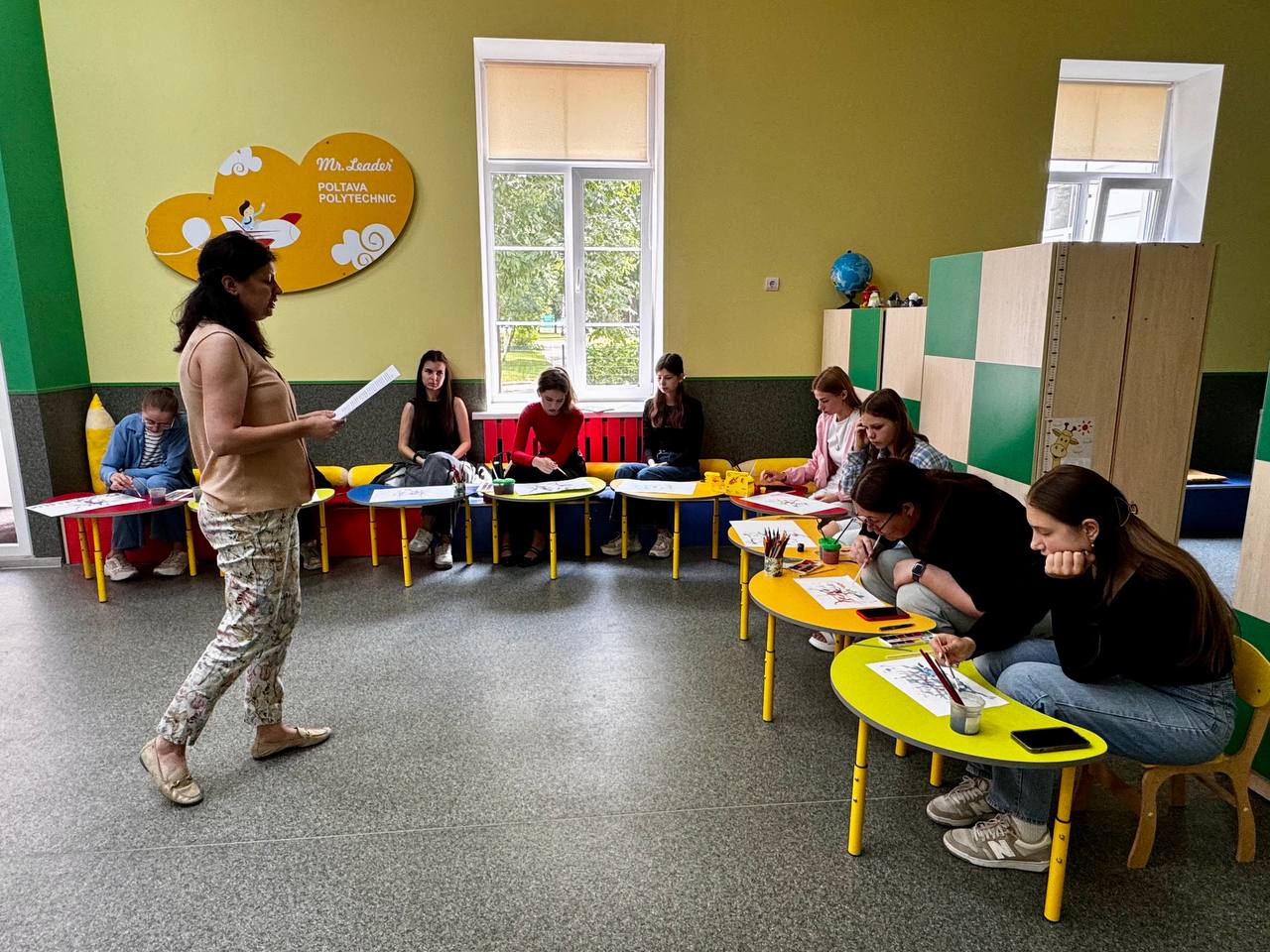
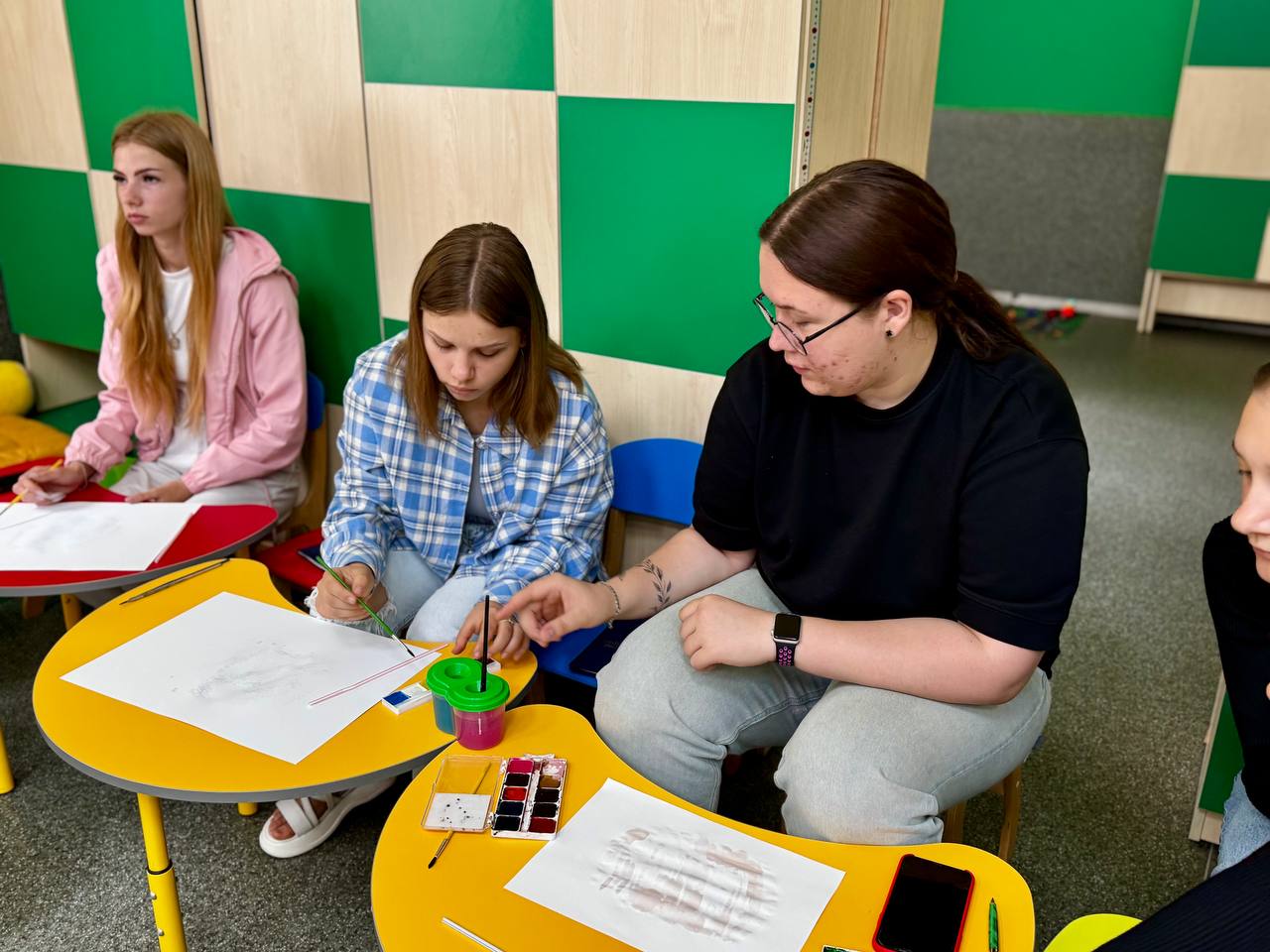
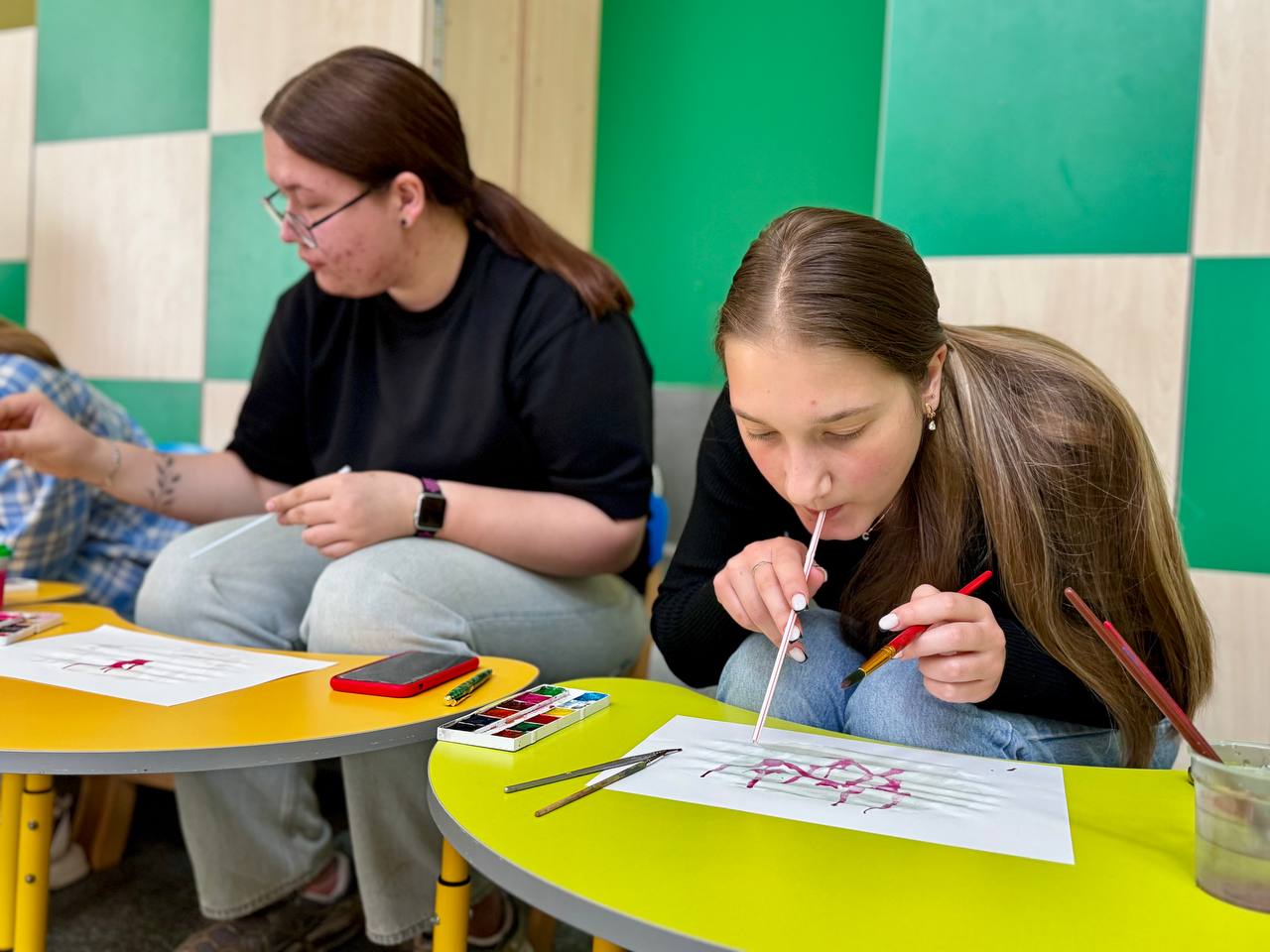
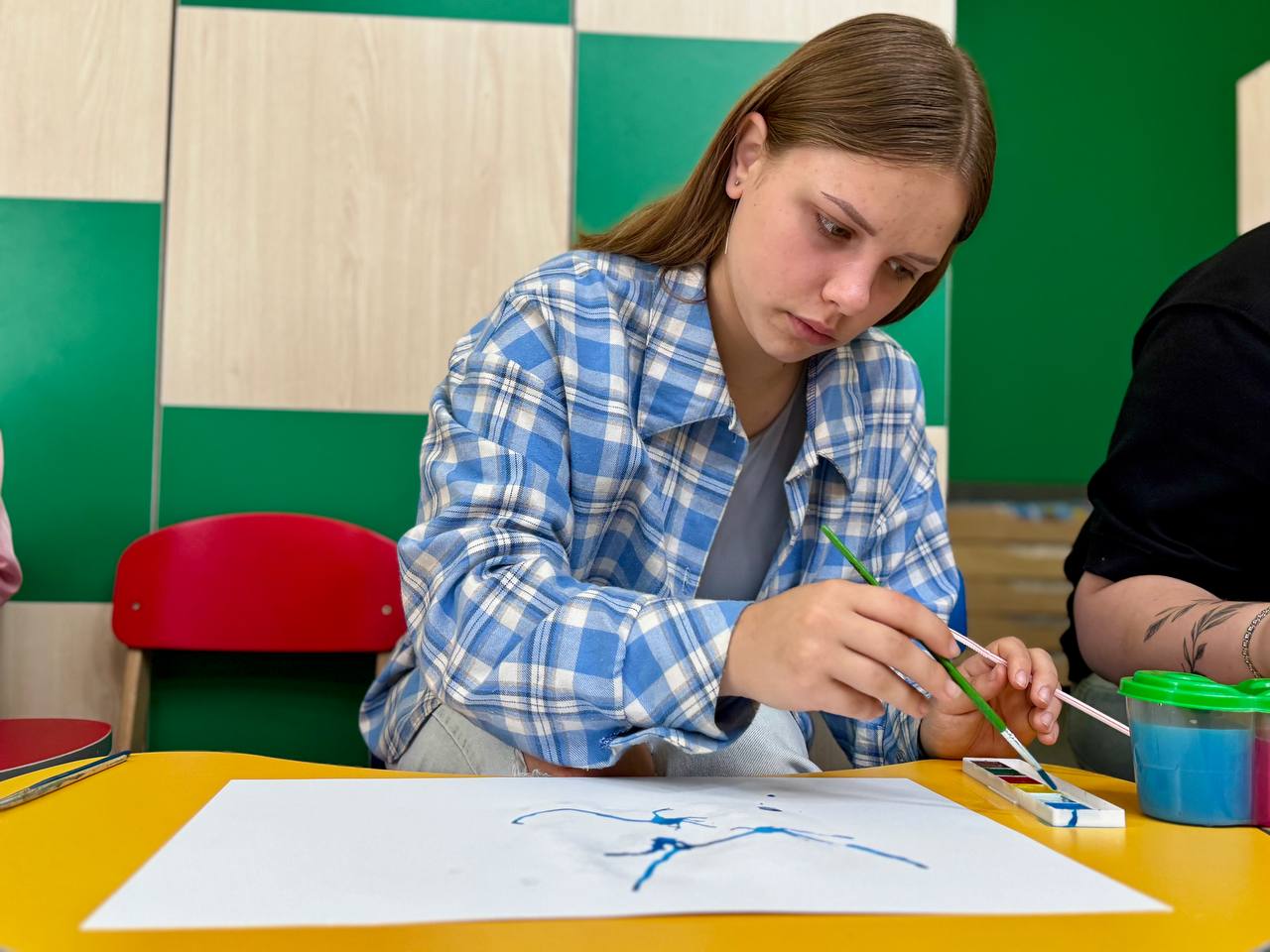
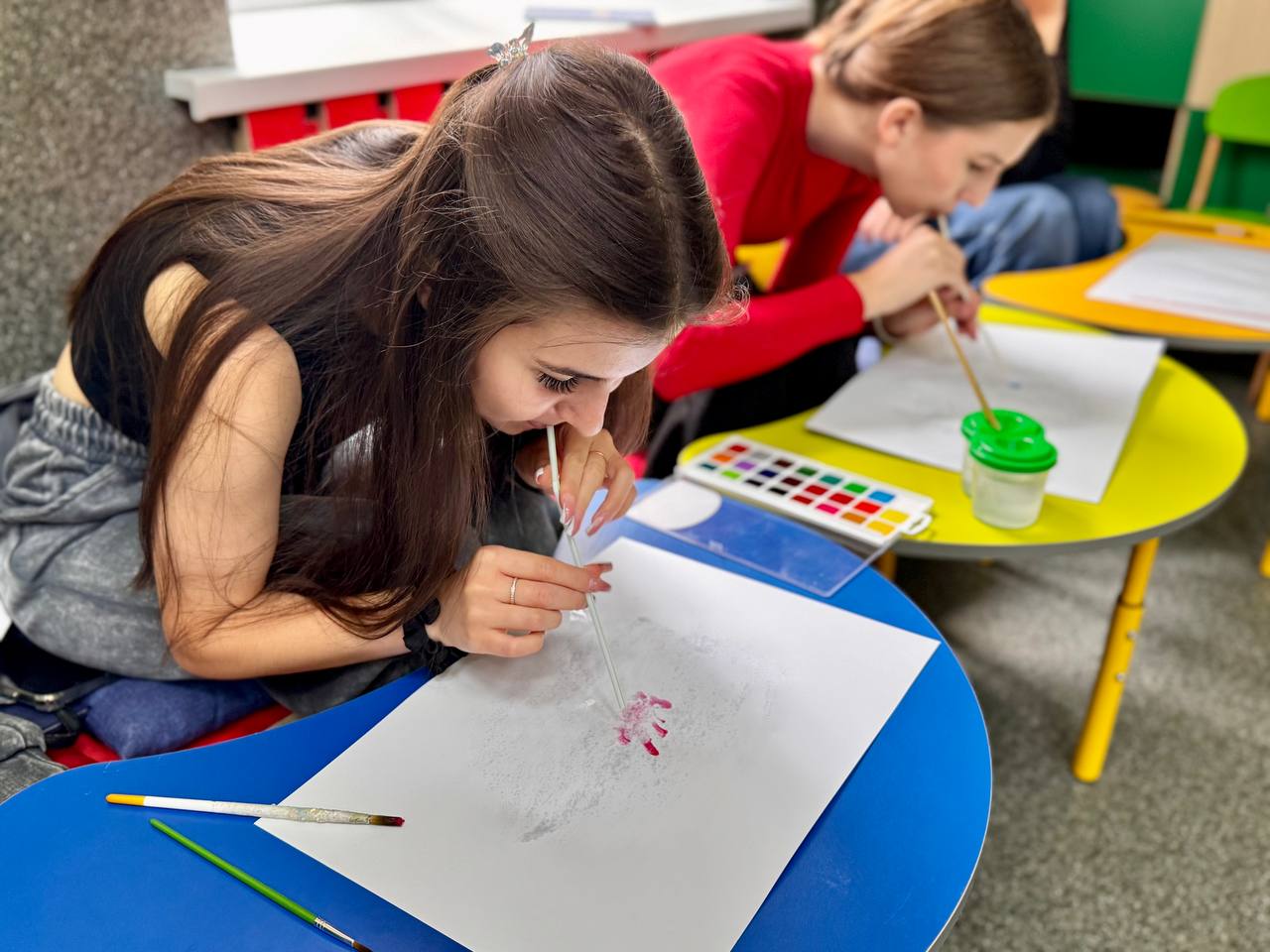
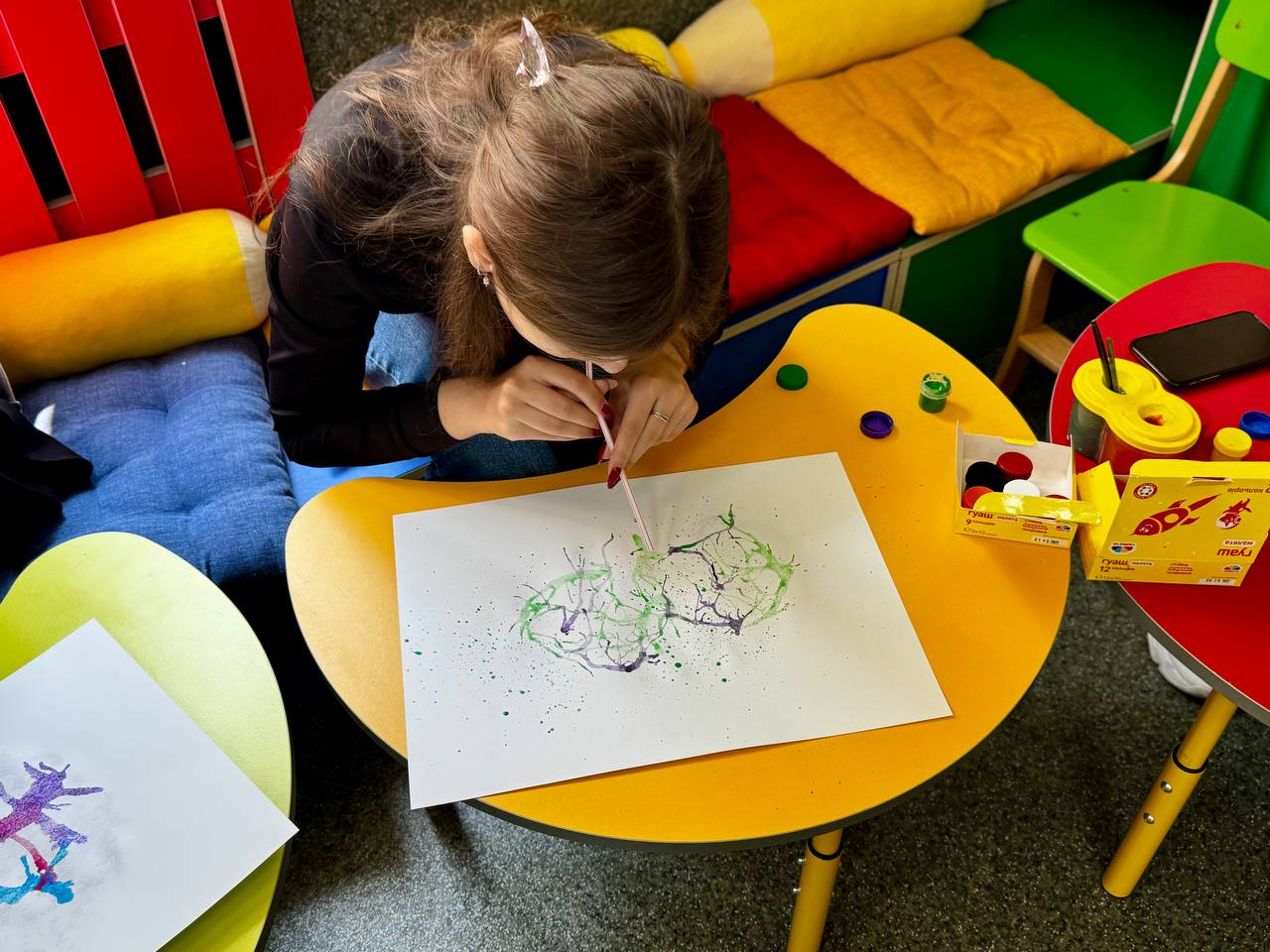
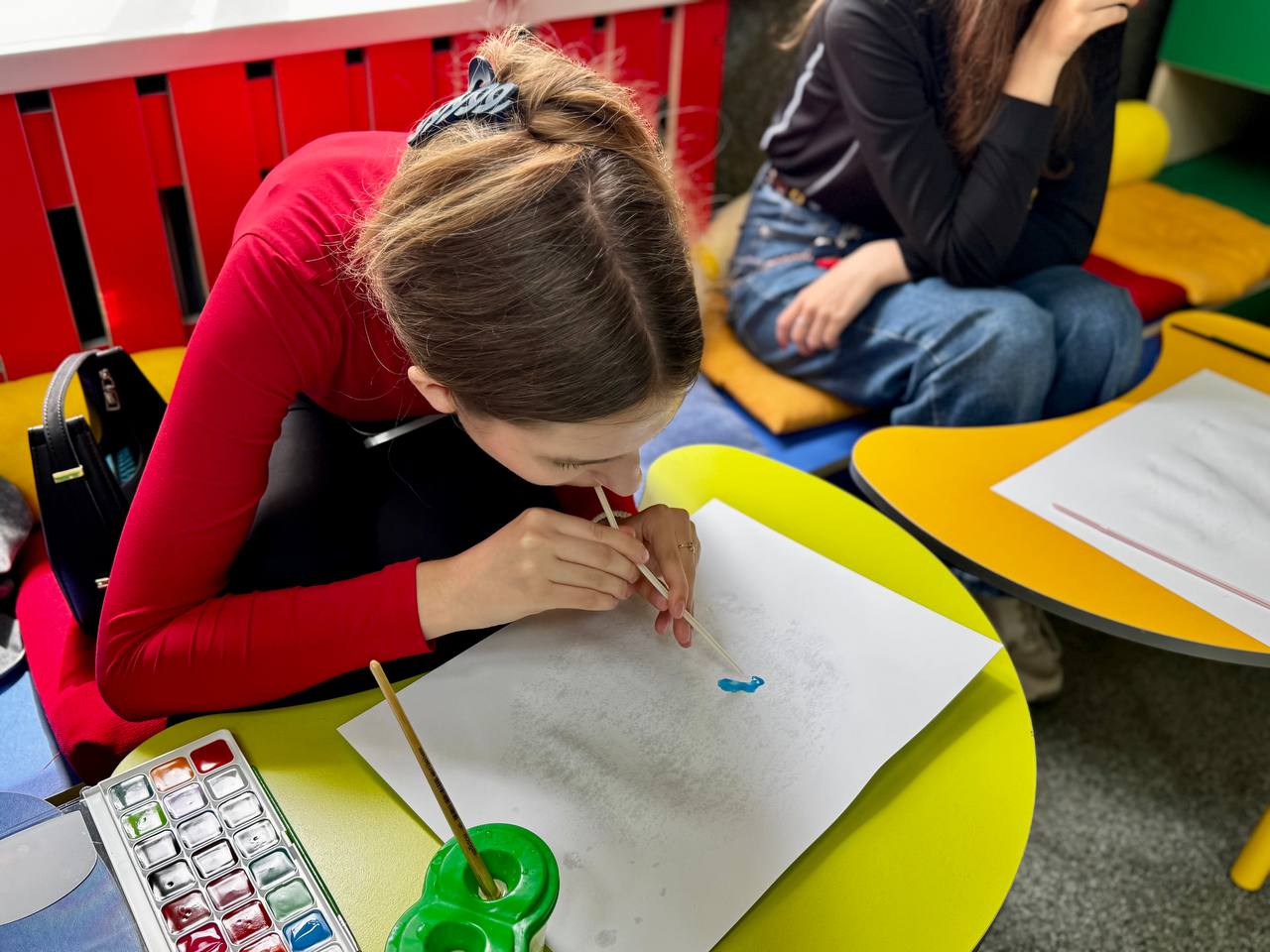
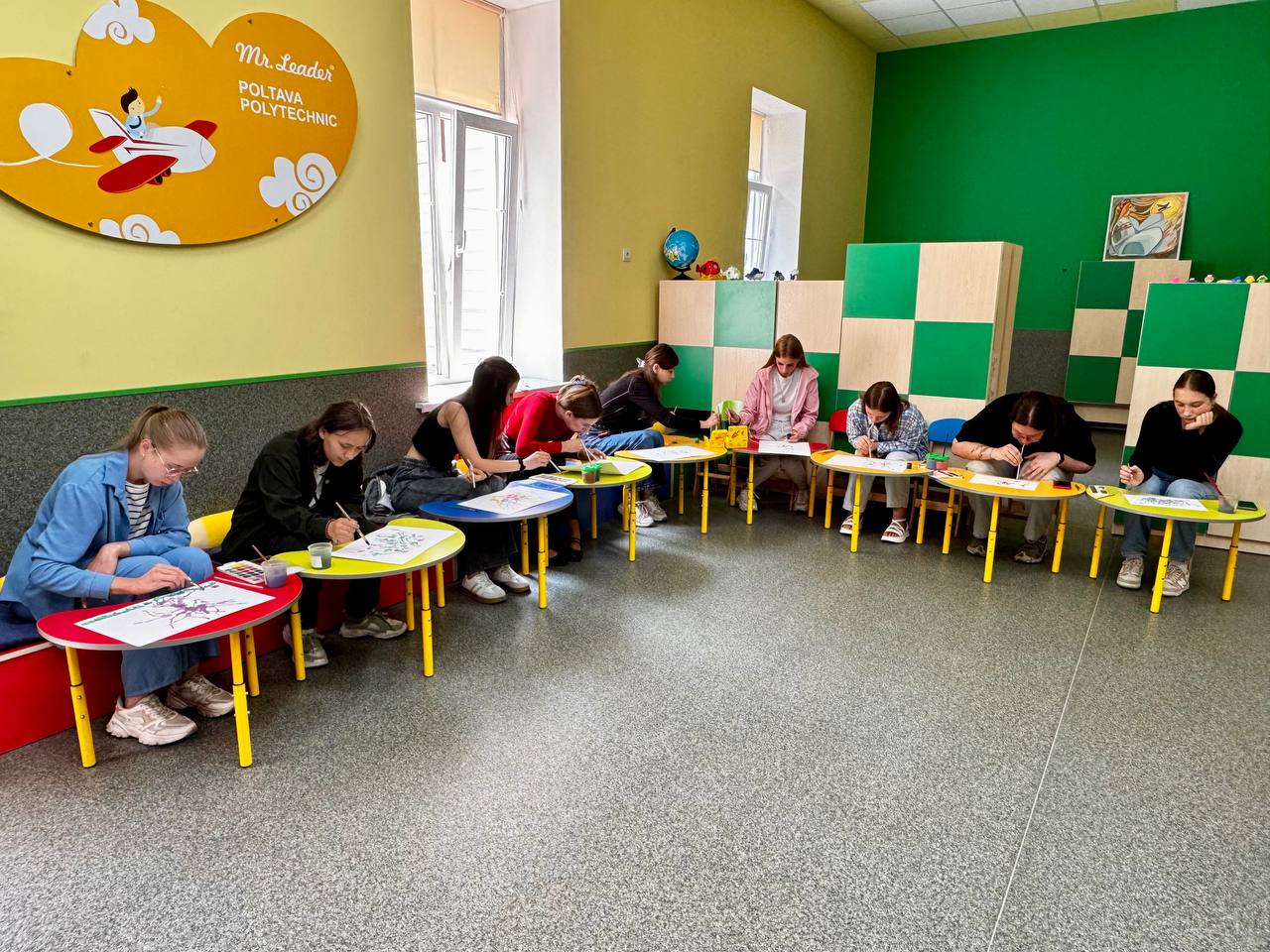
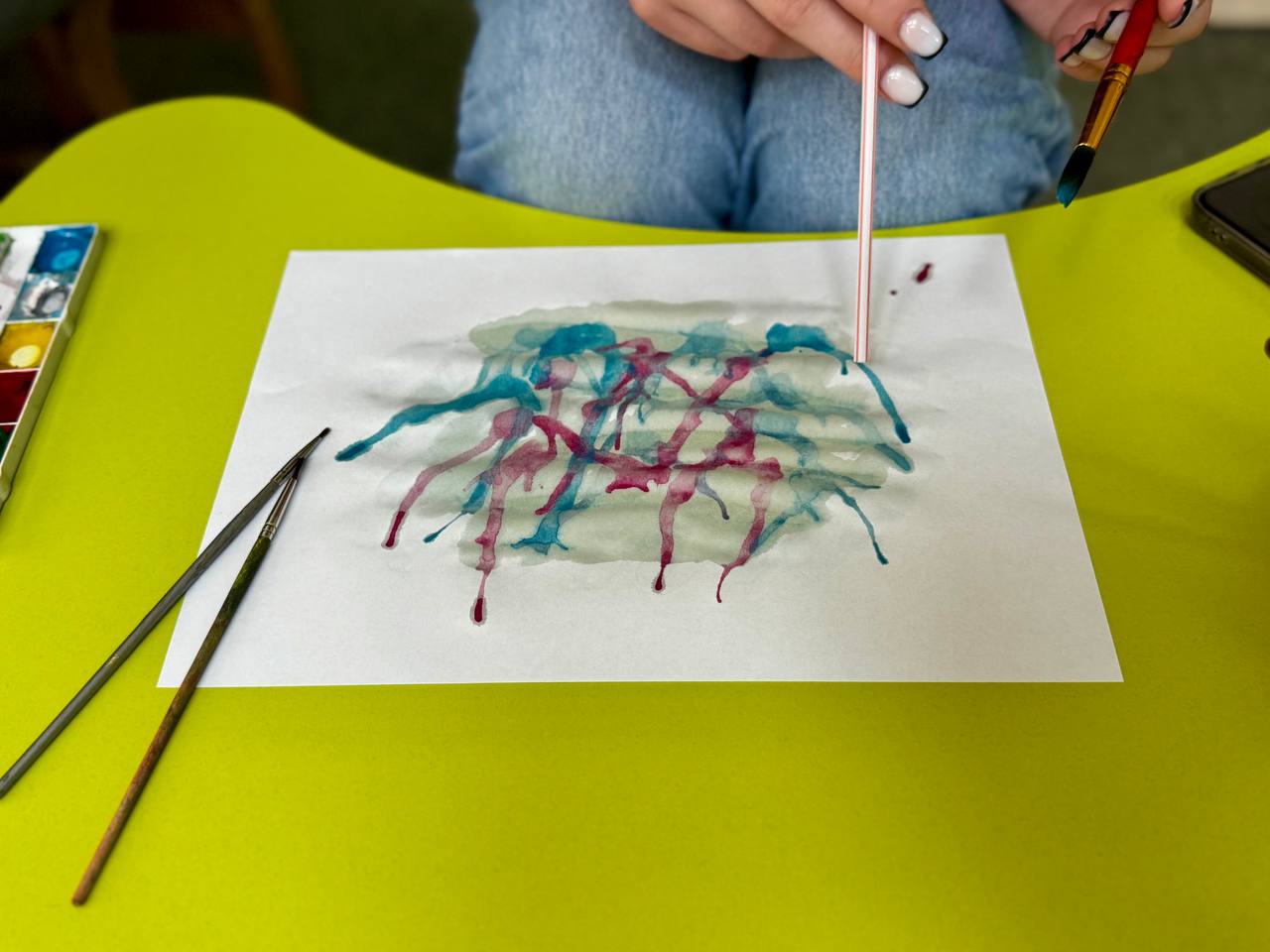
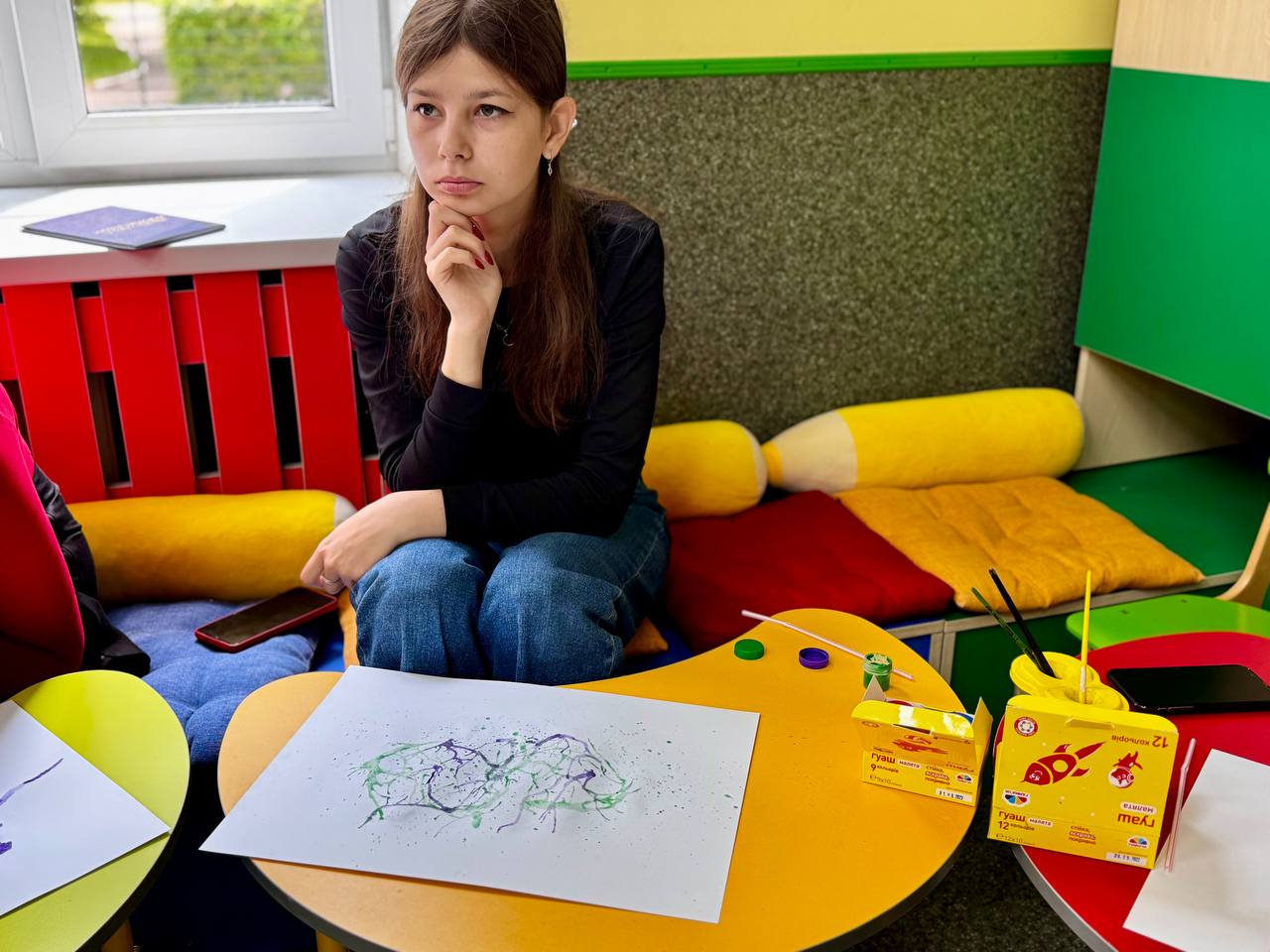
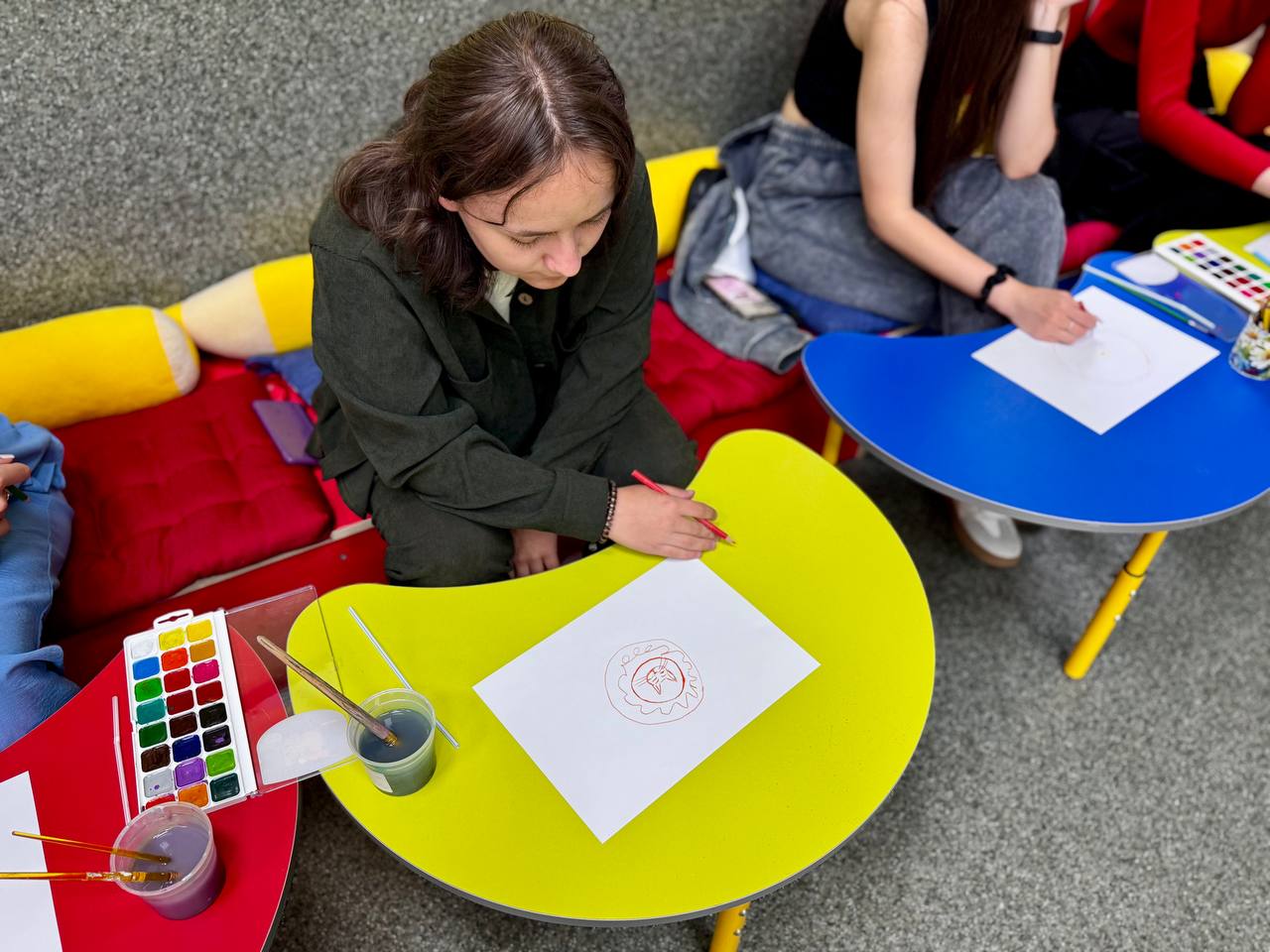
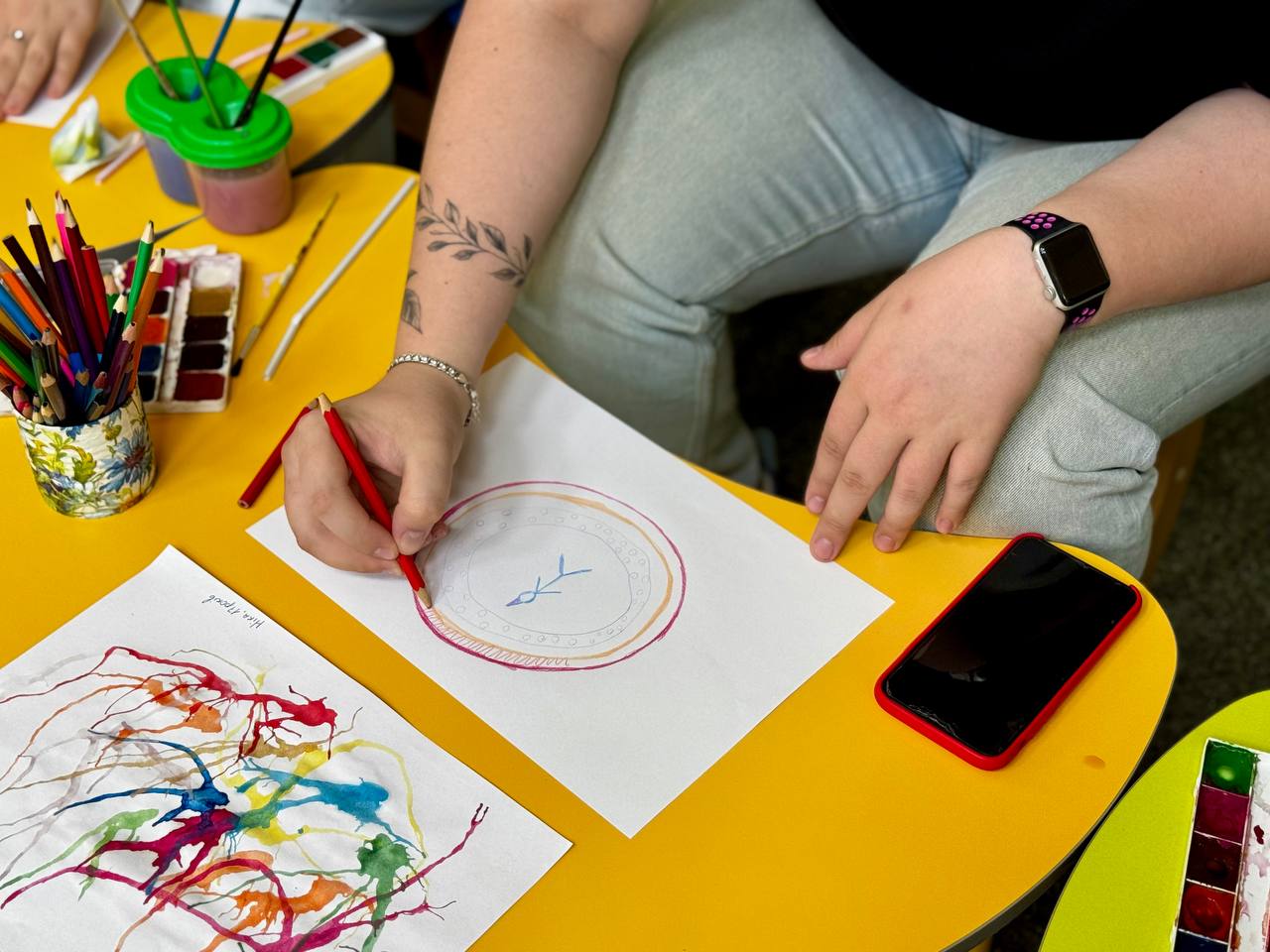
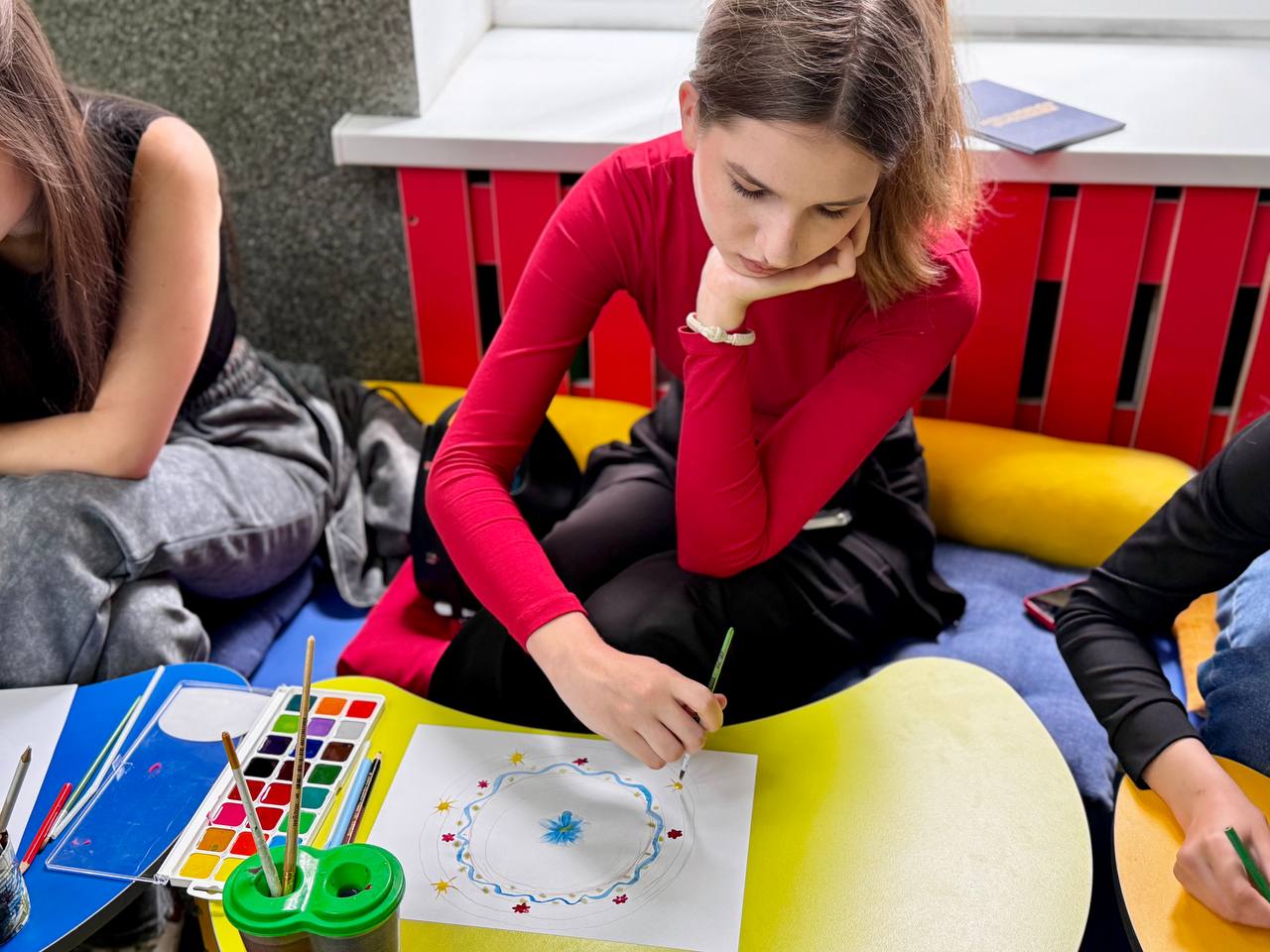
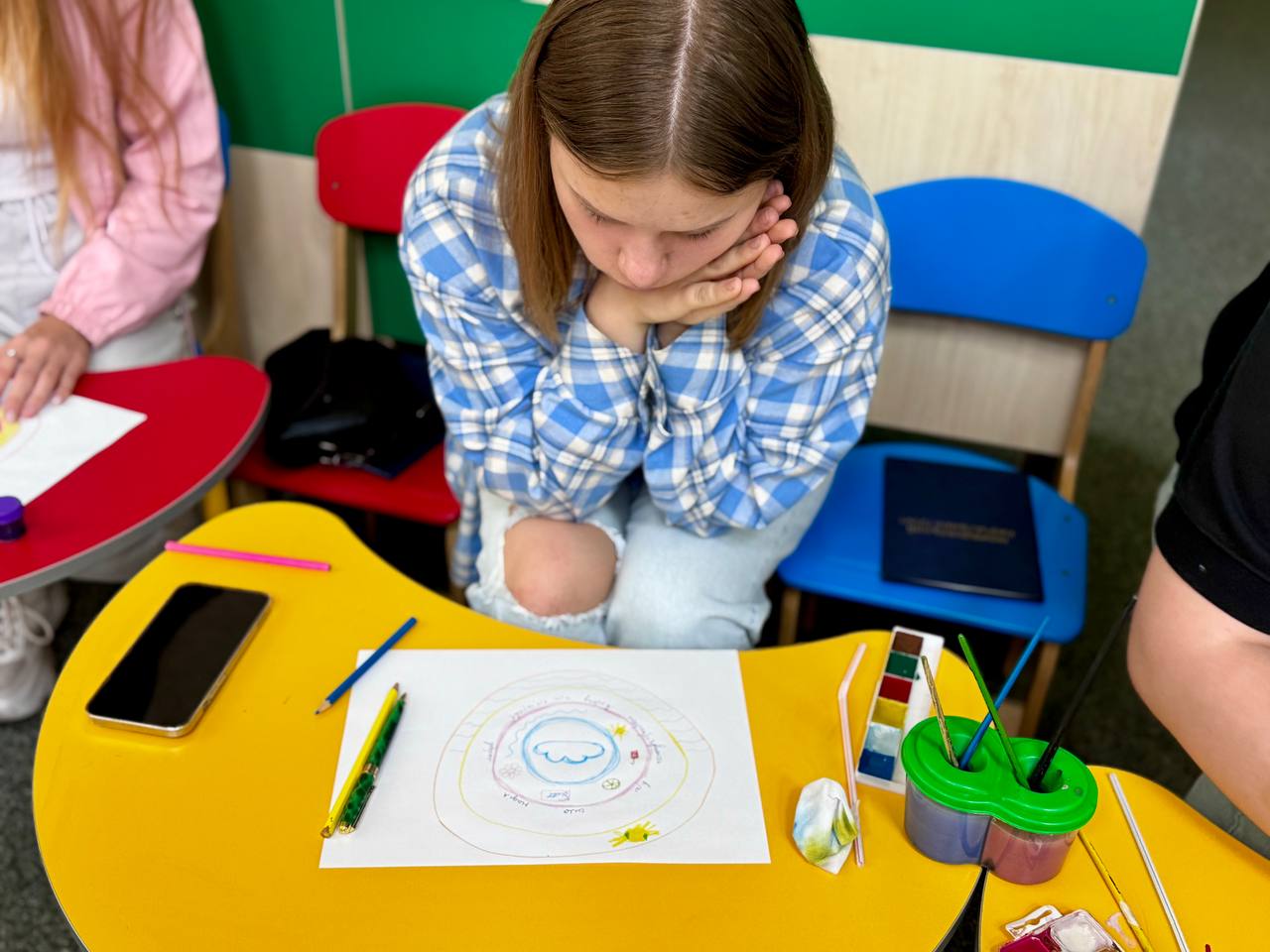
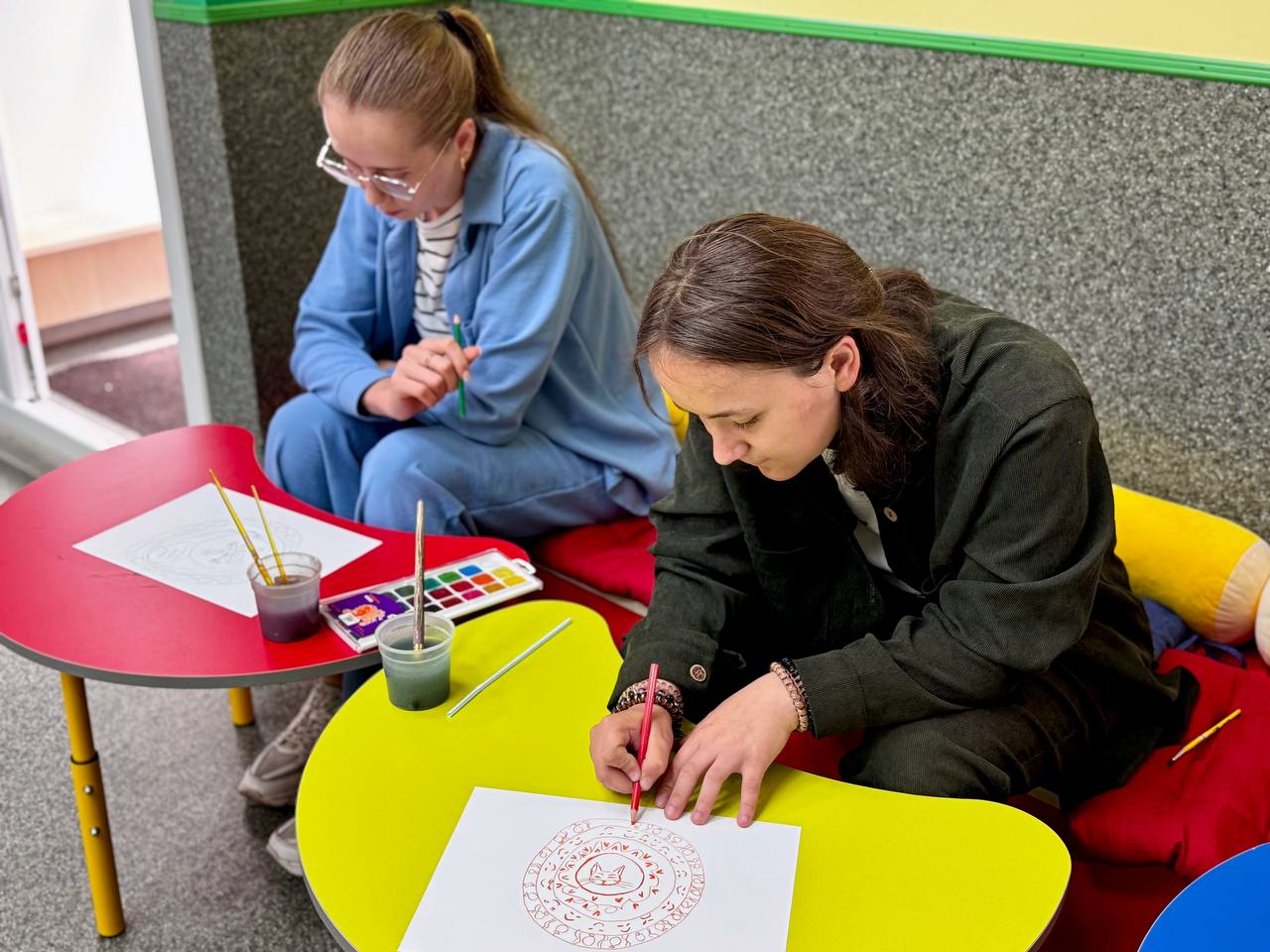
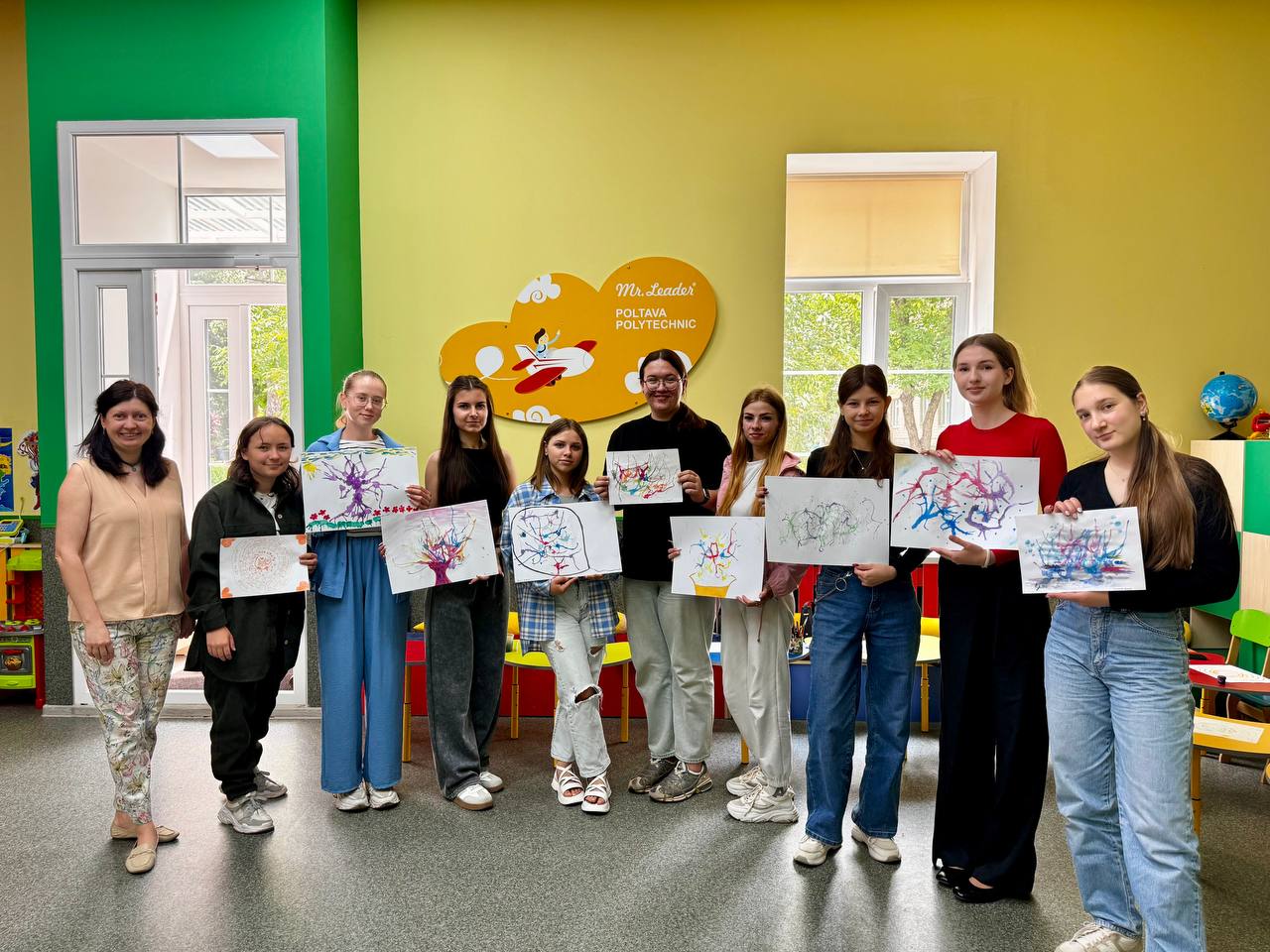
The art therapy session held within the Erasmus+ “TRUST” project represents an essential step in providing psychological support and promoting emotional healing for those who have experienced trauma. By combining deep philosophical reflection with practical art therapy tools, participants gain instruments for strengthening inner resilience and finding grounding within themselves, regardless of external circumstances.
This project has already implemented a series of impactful psychotherapeutic sessions that have had a noticeable positive effect on the mental health of participants who have endured loss of home, separation from loved ones, prolonged stress, and anxiety. Art therapy helped reduce emotional tension, taught participants to recognise and safely express their emotions, and to reconnect with themselves and the world.
The TRUST project is ongoing and promises even more in-depth practices, new methods, and, most importantly, support, which is extremely necessary for Ukrainians today, as everyone is affected by the war's negative impact in one way or another.
The previous sessions included symbolic activities such as designing personal coats of arms to represent inner values, sources of strength and hope; associative drawing exercises; the “Relationships” activity aimed at reflecting on personal connections with loved ones, community, and country; discussions around “What does mental health mean to me?”; neurographic drawing; and immersion in body-oriented therapy where movement, dance, and physical expression become key tools for emotional release and recovery, worked with metaphorical associative cards, practiced associative reflection of thoughts on paper and explored the symbolism of the elements of nature and their direct impact on the human psyche and emotional state, plunged into music and daram therapy and took part in a unique art therapy session on neurography titled “My Tree of Life”, worked with metaphorical cards and the Nossrat Pezeshkian psychotherapeutic model, сreated drawings depicting a personal “Tree of Power”, did the art therapy exercise “My superpower”, were given tools for deeper self-understanding by transforming pain into art, and art into a path to healing; helped children recognise and understand their emotions, learn self-soothing techniques, and restore their emotional resilience, helped adult IDPs gain a deep understanding of their emotions, release internal tension, and harmonise their psycho-emotional state.
Media Centre of
National University “Yuri Kondratyuk Poltava Polytechnic”



